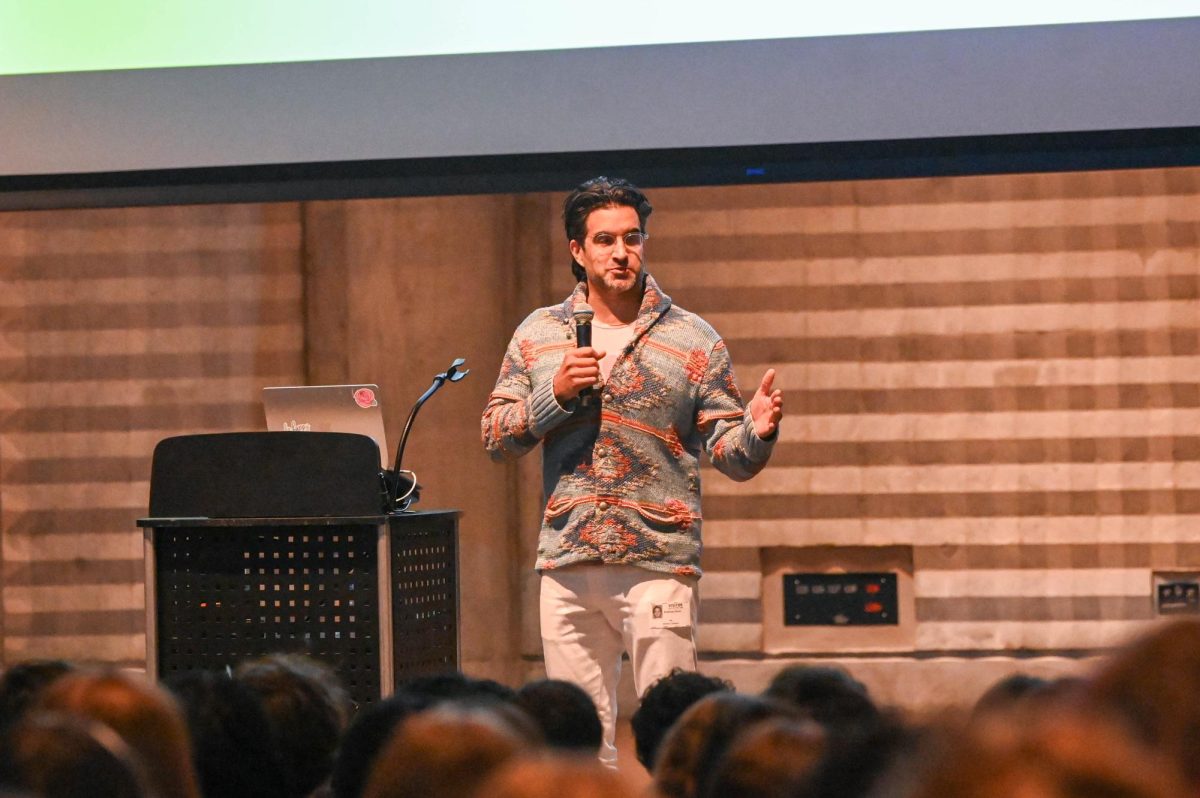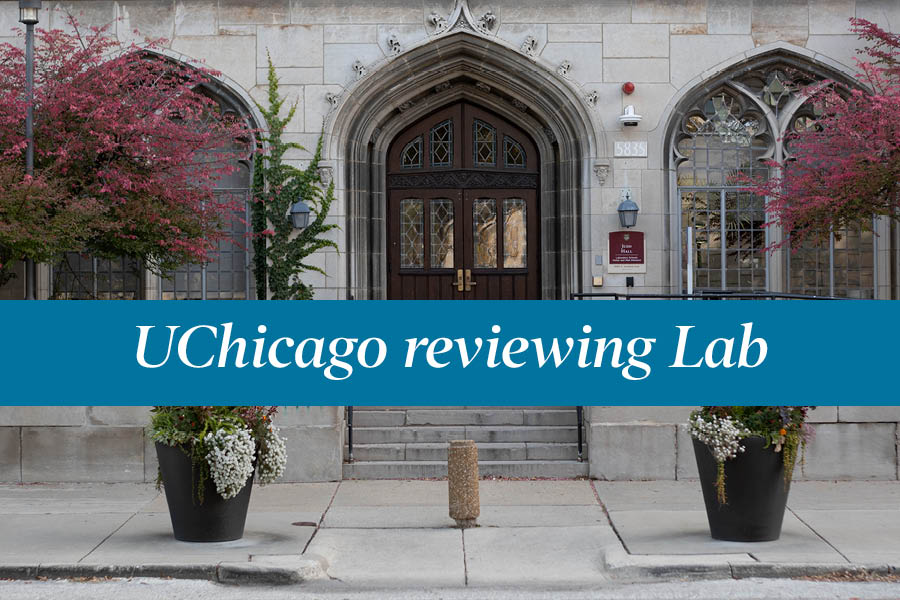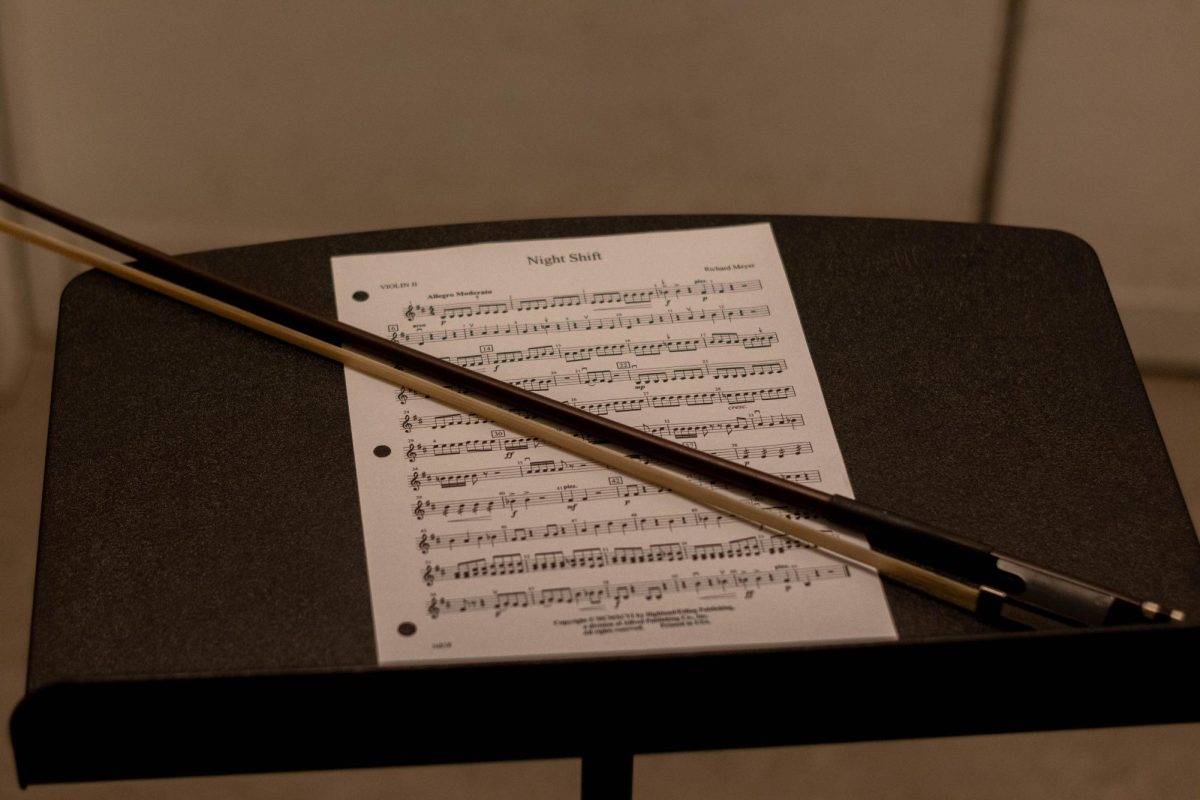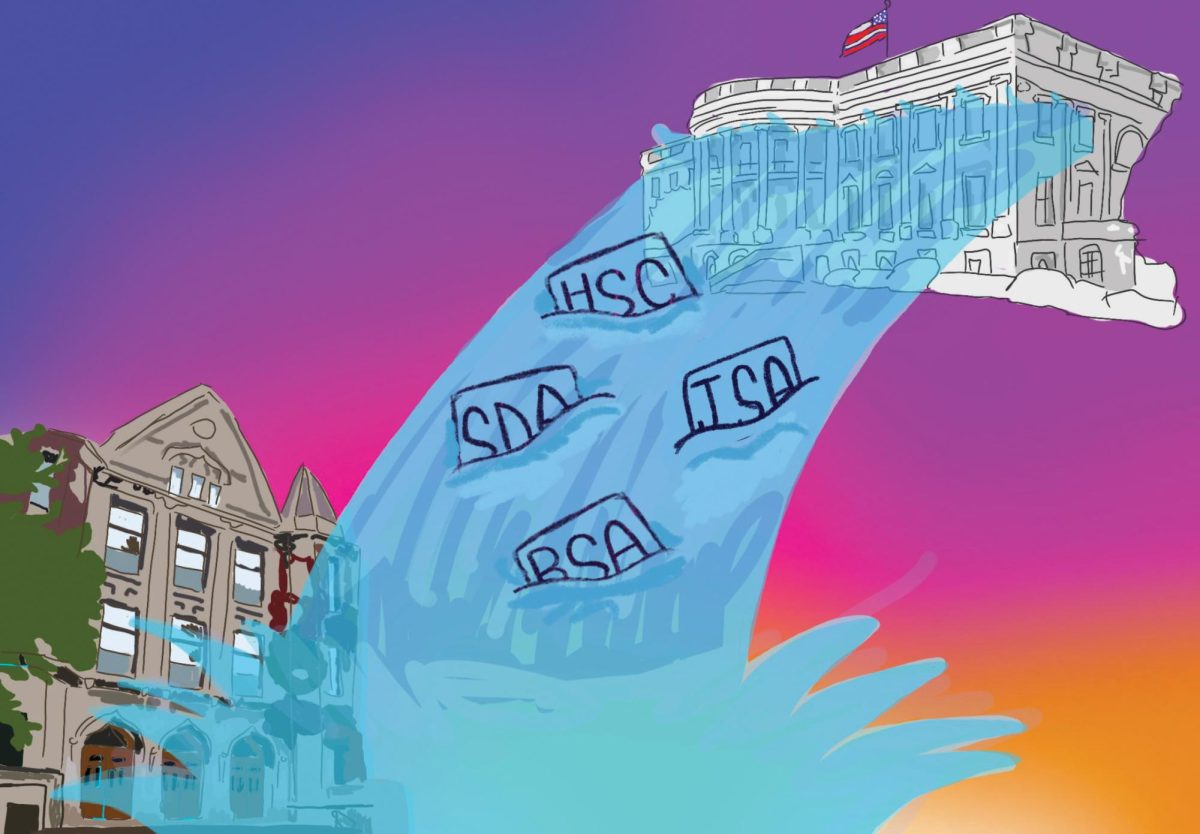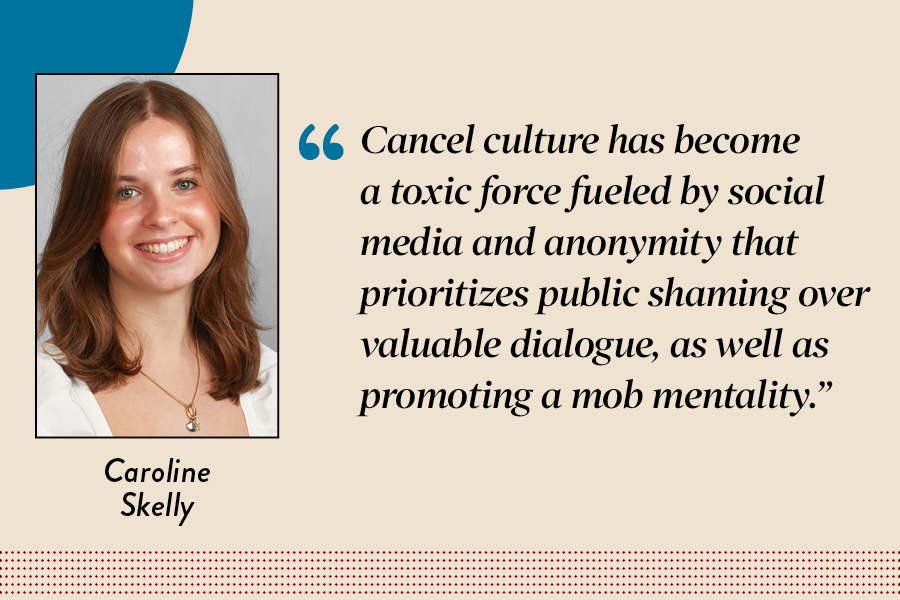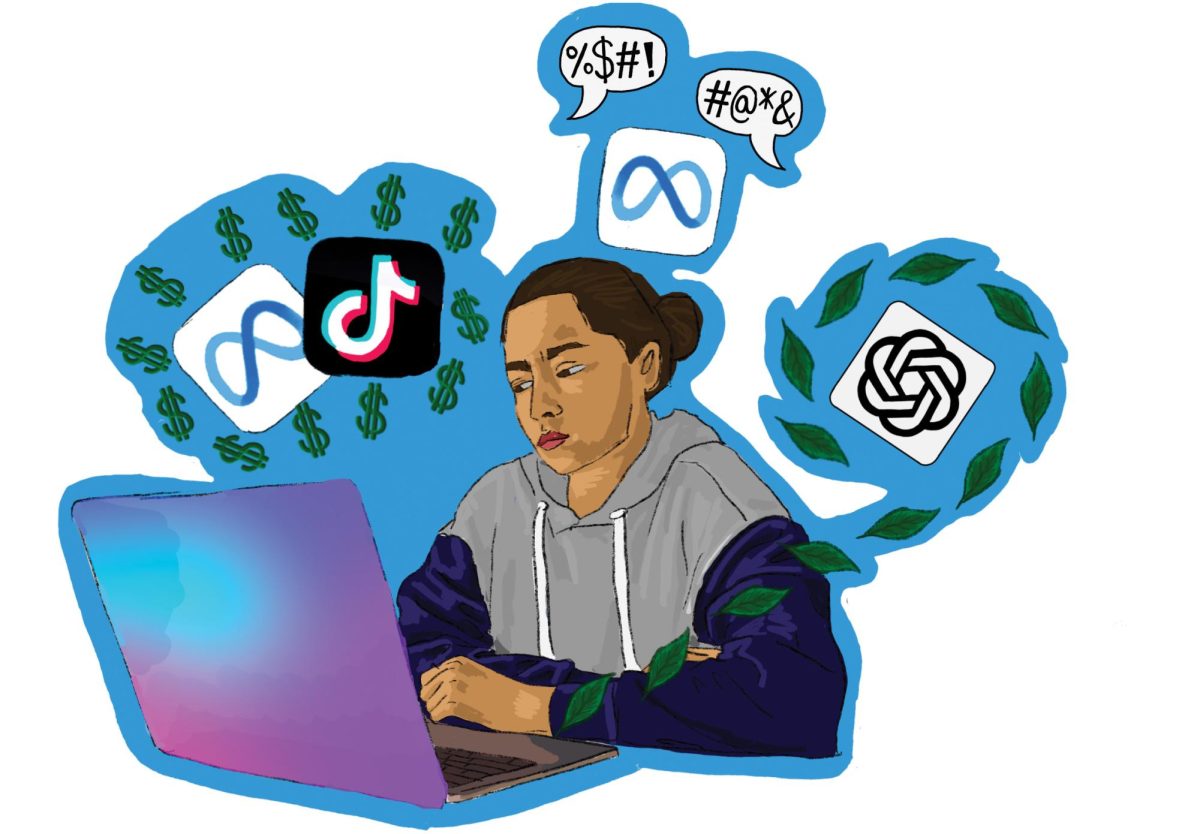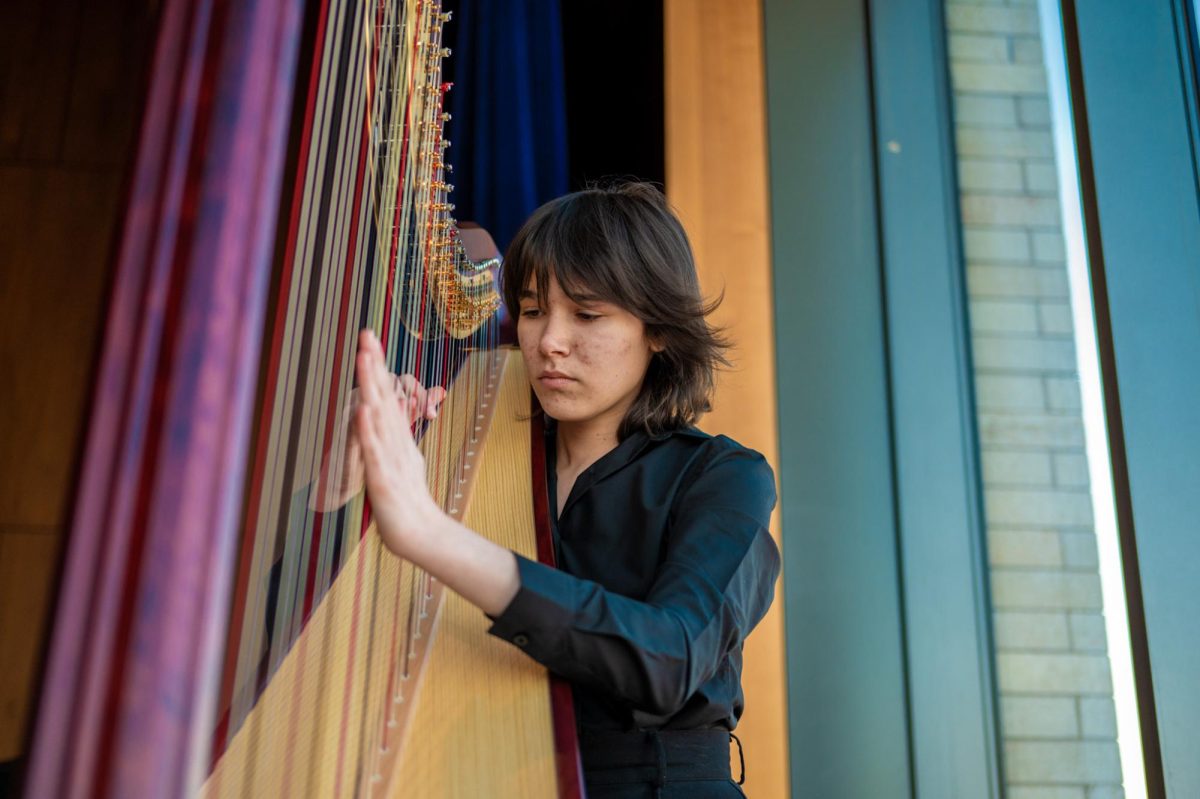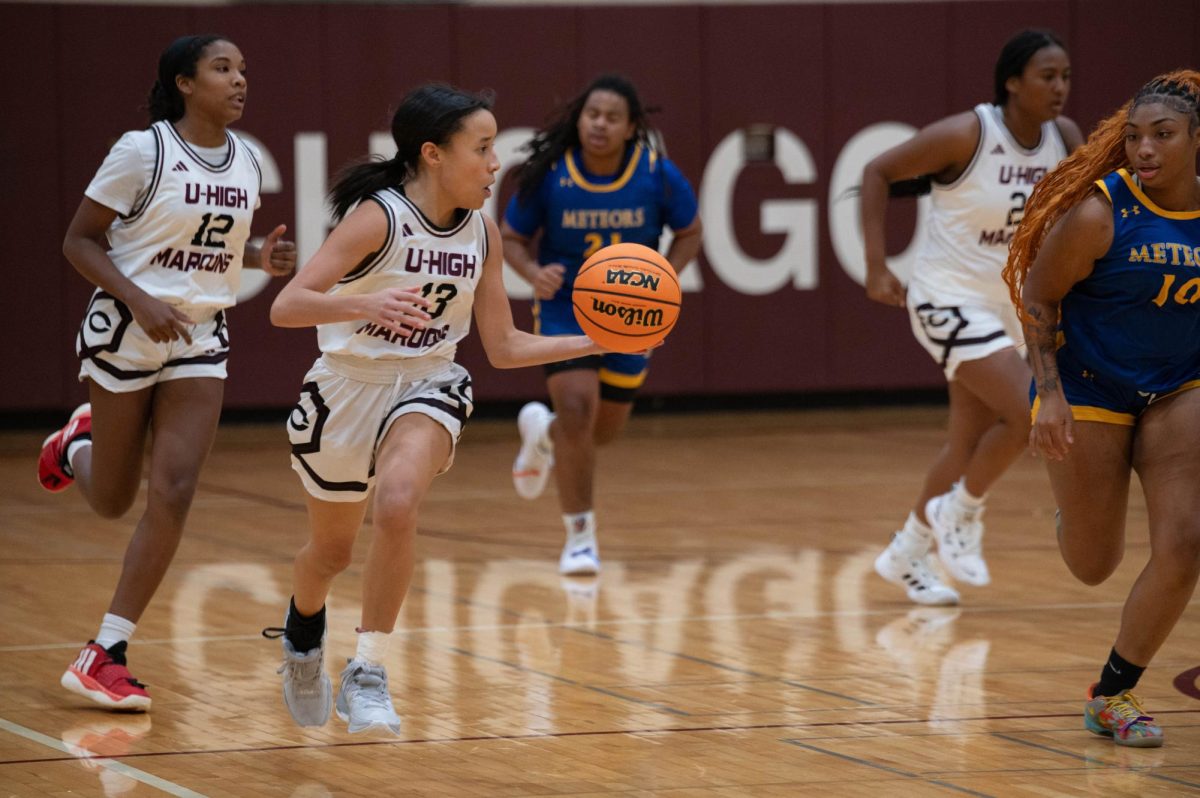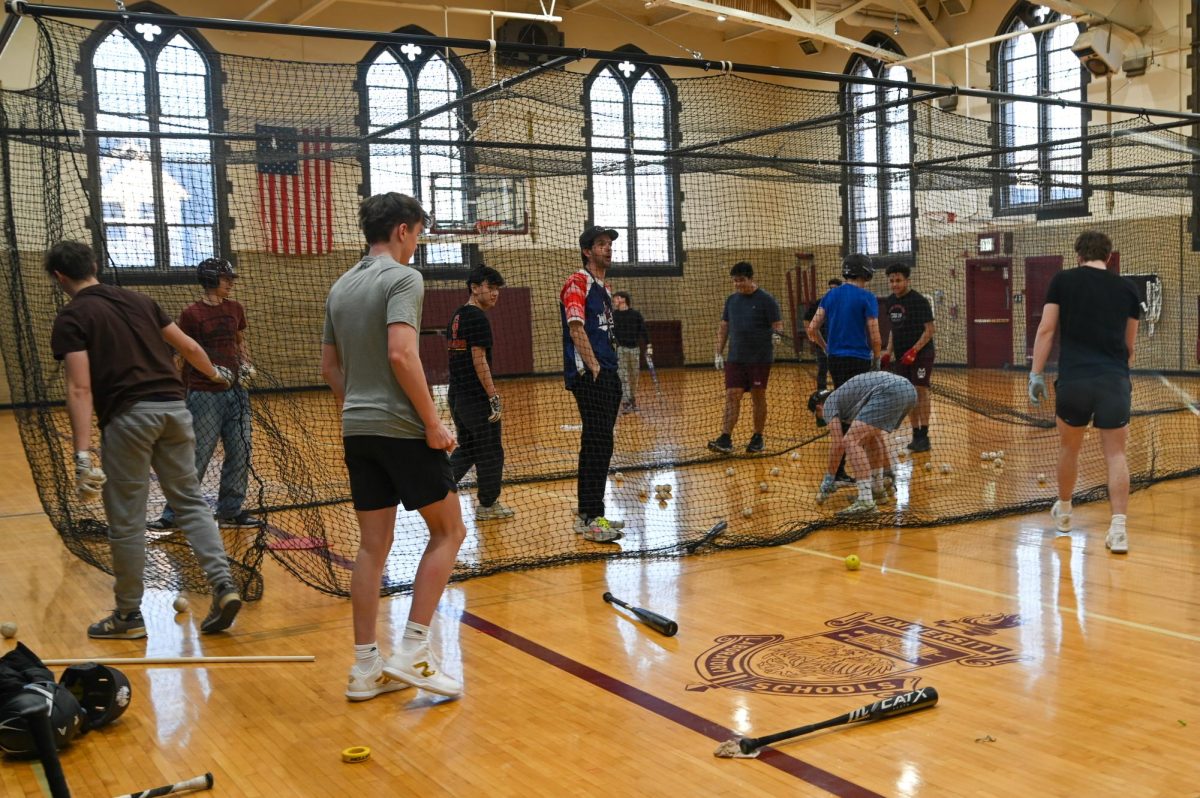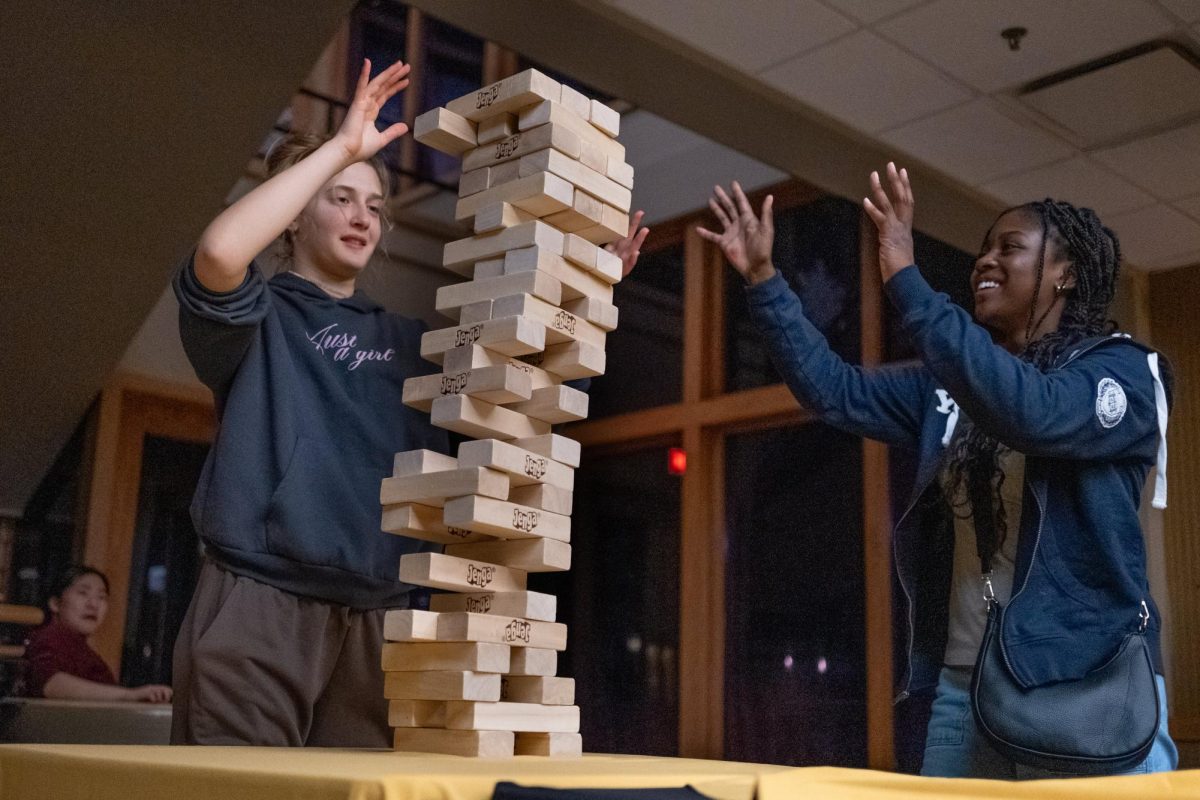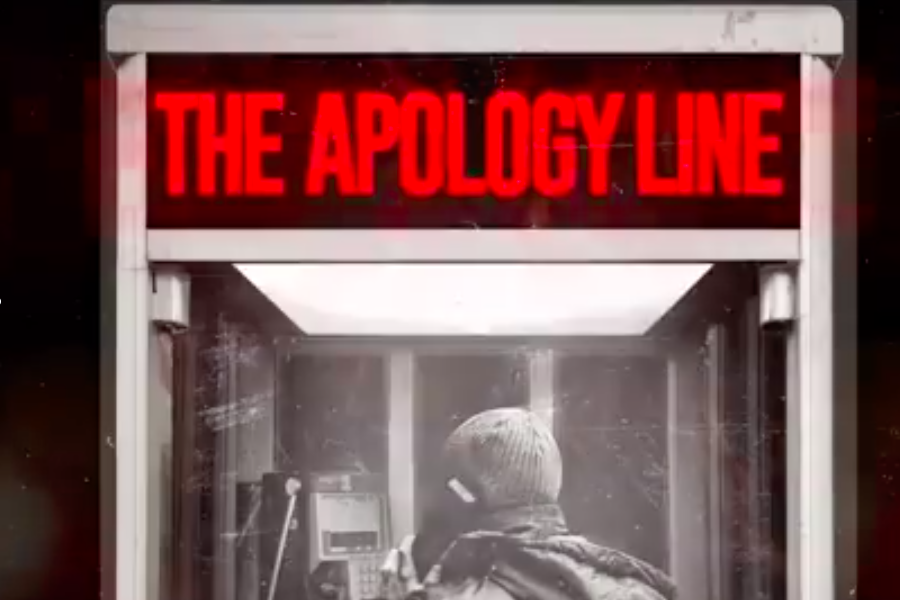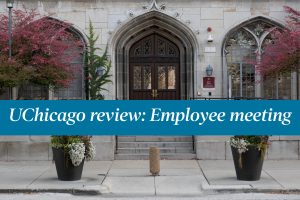‘The Apology Line’ tells the eye-opening story of an anonymous confession line
https://www.youtube.com/watch?v=uN5aTKm4LAQ&t=1323s
“The Apology Line” podcast tells the story of an anonymous confession line run by Allan Bridge from 1980 to 1995.
March 10, 2021
Silence. Then a dash of an automated beep, followed by a blurry but chilling static. A man’s voice hesitantly comes in, stuttering and awkward.
“Well, I guess uh — you know, to the 15 or 20 people that I’ve stolen money from and mugged and robbed and frightened — I’m sorry… I’m sorry!”
A desperate note intrudes into his shaky voice, and he increases in volume and heaves in multiplying breaths.
“Heh, I don’t have to say it 15 times, do I? … Let’s see, there’s uh, there’s Henry, I killed Henry, he was a neighbor, he was a — uh, classmate of mine.”
The man’s panic and tortured tone is terrifying yet heart-wrenching, as he’s burdened and lost. But through calling a set-up telephone line anonymously, he is able to receive a type of closure and hope only achieved by setting the truth free.
A new podcast, “The Apology Line,” captures listeners’ attention in an intriguing but haunting way as the story of Allan Bridge and his alluring creation is revealed, more than two decades after his death, by Marissa Bridge, his widow, who narrates. There is a deep and human connection that any listener will innately feel as an apology from a stranger, but real person, cuts through.
The purpose of the confessional line was to allow not just criminals, but also normal people who faced the adversity of mistepping in life, to let out their deepest secrets and find themselves again. Mr. Bridge, also known as Mr. Apology, had founded the line in 1980 and continued it until his death 15 years later. His setup included posting flyers and advertising a number to call anonymously that would lead to a recorded answering machine. There, people had an opportunity to release weight off their chests without being held accountable or judged.
Some callers enter the eerie recording atmosphere indifferent, while others are desperate for forgiveness and understanding, their voices laced with agony and regret. Alarmingly, a few simply disregard their crimes and use the space to threaten the public and Mr. Bridge. But they all have one thing in common: their authenticity as people on the other side, which is more unsettling.
Mr. Bridge was aware of this, and despite being repeatedly cautioned, he let himself be particularly drawn to one caller, Richie, a serial killer by whom he was fascinated. Richie’s calmness and calculation, unlike the disheveledness of other callers, was disturbing.
“I hope you don’t lose any listeners because of the obsession we have with each other. Live long and prosper,” Richie said at one point before immediately hanging up. At a glance, it could be showing consideration, but it was a sly and bloodcurdling declaration and a possible warning disguised under a farewell.
It’s bone-chilling but also so captivating to hear the stories and misdeeds of people who are utterly different yet the same at the core. Meanwhile, listeners will get swept up in the plot of Mr. Bridge’s life as he navigates his way through ethical decisions and faces callers who want more. And what’s more unnerving is that with a few wrong steps, anyone could be led down the same path as the participants of the apology line.
Listeners should be aware of the shocking and mature content, especially younger audiences who may not be mentally ready. However, this podcast is eye opening, stirring and powerful. We get a glimpse into peoples’ minds, a territory so unexplored although so close, and defy society’s standards of hiding and tucking truths like these into each person until they break. But the brokenness in the apology line is different — it’s a shattering of walls and barriers built up over time that allow healing to finally seep in.



